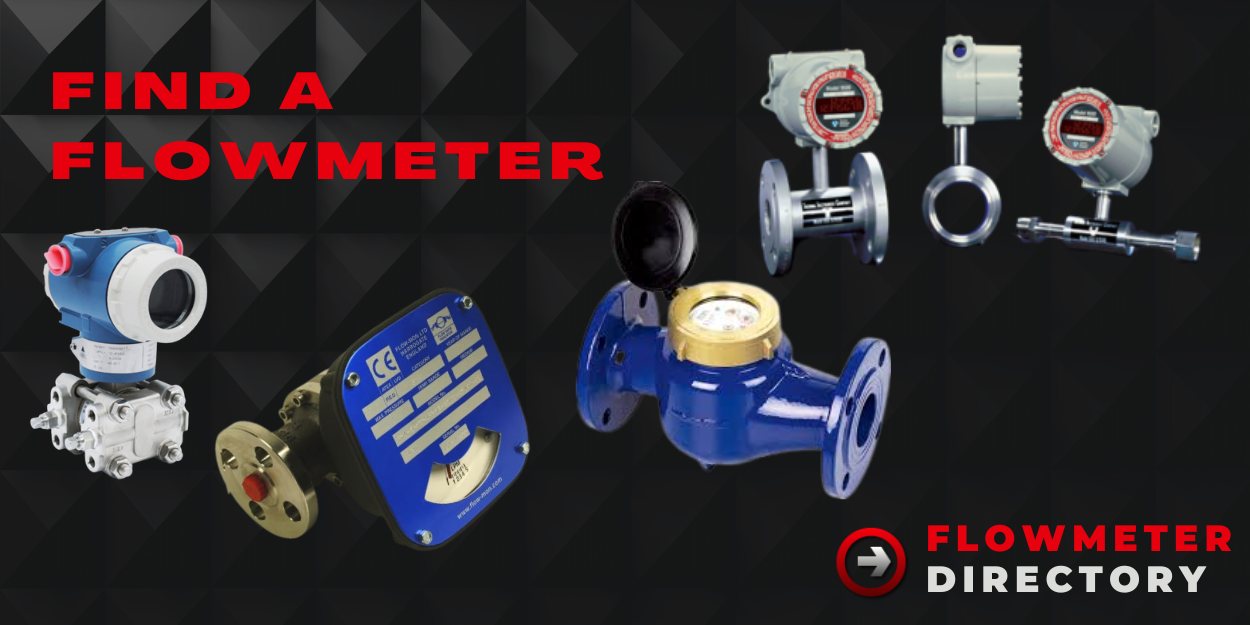A gas flow meter is an instrument used to measure the flow rate or quantity of gas moving through a pipeline or duct. This measurement is essential in industries where gas usage or flow needs to be monitored, controlled, or billed, such as in utilities, chemical processing, and environmental monitoring. Gas flow meters can vary widely in terms of technology, application, and accuracy, but their main function is to ensure precise quantification of gas flow.
What is the Best Flow Meter for Gases?
The best gas flow meter depends on factors like the type of gas, pressure, temperature, accuracy requirements, and operating conditions. Here are some common types:
- Thermal Mass Flow Meters: Ideal for measuring low flow rates in clean gases. They are highly accurate and widely used in industries for process control and monitoring.
- Coriolis Flow Meters: Known for high accuracy, these meters can measure mass flow directly and are suitable for dense and low-pressure gases.
- Ultrasonic Flow Meters: Excellent for large pipe diameters and non-intrusive applications, using sound waves to measure flow rate without direct contact.
- Turbine Flow Meters: Often used for clean gases at moderate flow rates, turbines spin proportionally to the flow rate, providing reliable measurements.
- Differential Pressure (DP) Flow Meters: Common for industrial use, DP flow meters measure flow rate by sensing pressure differences across an obstruction.
What Instrument is Used to Measure Gas Flow?
Gas flow measurement can be achieved using various instruments. The most common instruments are mass flow meters (like thermal and Coriolis flow meters), volumetric flow meters (such as turbine and positive displacement meters), and velocity flow meters (like ultrasonic meters).
Difference Between a Gas Flow Meter and a Liquid Flow Meter
Gas and Liquid flow meters differ primarily because of the distinct properties of gases and liquids. Gas density changes easily with pressure and temperature, so gas flow meters are often designed for greater sensitivity to handle these variations, typically operating at lower flow rates. In contrast, liquid flow meters work with consistent densities and are generally suited for higher, stable flow rates. Because gases are compressible, gas flow meters may use specialized designs, like thermal or Coriolis meters, to ensure accurate readings. Additionally, gas flow meters need regular calibration to adjust for density shifts, while liquid flow meters usually only require initial calibration.
Featured Company
EESIFLO TECHNOLOGIES INC.
Phone: + 1 318 614 3971
Address:
– 3928 Highway 80 Rayville Louisiana, 71269,
– 4600 FM-307 Midland TX 79706 United States
FEATURED PRODUCTS
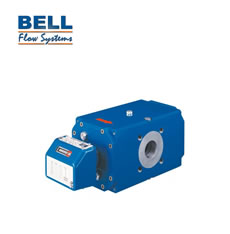
2″ Rotary Positive Displacement Gas Flow Meter G65 Qmax 100m3/h
Highly Accurate CGR Gas Meter utilise positive displacement design technology to measure gas flows in sealed systems to custody transfer levels of performance with excellent
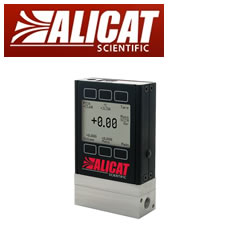
Mass flow meters: high-accuracy, multi-parameter flow measurement in real time
Mass flow metering, volumetric flow, pressure and temperature measurements simultaneously. Built in calibration for many gases, or define your own custom gas mix using COMPOSER™.
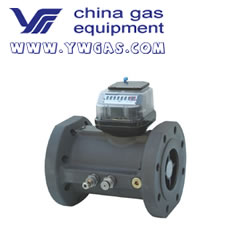
CNIM-TM series gas turbine flowmeter
CNIM-TM series gas turbine discharge meter belongs to the gas flow measuring instrument with high precision, are widely used in town gas industry and trade
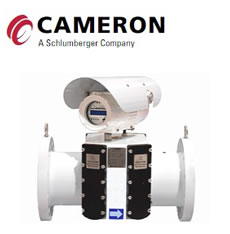
CALDON Series 380Ci Ultrasonic Gas Flow Meter
The CALDON 380Ci Series eight-path gas ultrasonic gas flowmeter has our unique eight-path, dual-plane, cross-path design. We have done extensive testing to prove this meter
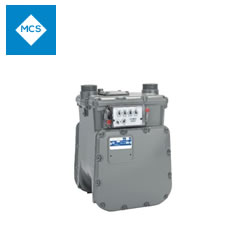
American Meter- Natural Gas Flow Meter AL425
Diaphragm gas meter with odometer C/F index & temperature compensation. Residential, Commercial & Industrial.
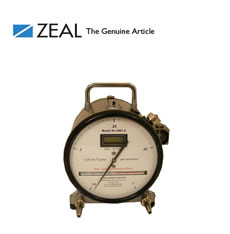
WET TEST GAS FLOWMETERS
Wet Test Gas Flowmeters: Drum Type Gas Flowmeters. DM3A to DM3G Zeal Gas Flowmeters are designed for a wide variety of applications where ease of
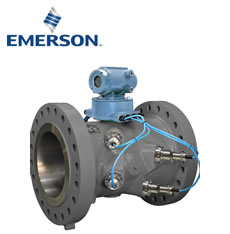
Daniel SeniorSonic 3414
Preferred worldwide for fiscal measurement, the next-generation Daniel™ SeniorSonic™ 3414 Four-Path Ultrasonic Flow Meter retains the field-proven, British Gas-chordal design while significantly increasing sampling speed

